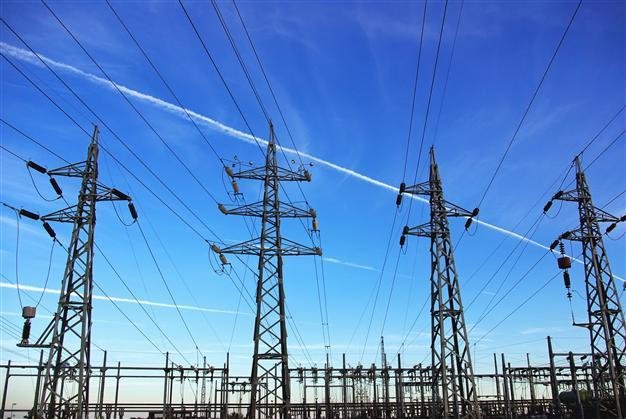The Consumers Association felt duty-bound to embrace the fashionable cause of the last few weeks – protesting about high electricity rates and demanding the state subsidise household bills. The 10 per cent discount on all electricity bills for the next four months announced by Energy Minister Natasa Pilides last Friday did not satisfy the association.
In an announcement on Monday, the association said Greece had offered greater assistance, as had other, unnamed, European countries, and asked: “Do the citizens of Cyprus not deserve this support and help?” This emotional rhetoric would have been understandable coming from a political party, but we wonder whether it is a consumers association’s role to engage in rabble-rousing.
The association felt it was in its remit to censure the government for not using funds from state coffers to support consumers, as the 10 per cent discount will be covered by the Electricity Authority’s reserves. Under what constitutional authority is the association entitled to advise the government on how it should spend the taxpayer’s money?
In this case, it demanded the government spent €20 million from state coffers so that consumers would benefit from a 20 per cent discount on their electricity bills. It proposed that the money came from the VAT revenue from increased fuel prices, claiming the state would receive an additional €20 million this year.
Surely it is the government’s responsibility to decide how it will spend an increase in tax revenue from one source, considering it could have been significantly lower from other sources, given the slowing down of the economy in the first half of the year. Neither the consumers nor the political parties are in a position to make such a decision as they do not have a full picture of the fiscal situation.
The idea that as soon as prices of essential goods rise, the state has an obligation to step in and support ‘stricken’ consumers has always been promoted by the communist ideologues of Akel and has been embraced by most political parties because it appeals to voters. But such policies have no place in a market economy because they create distortions in the market and could be catastrophic for public finances.
Why has the Consumers’ Association not asked for a subsidy of fuel prices as well, as they have also gone up significantly in the last few months? And then, perhaps, the state should subsidise the price of tomatoes that are part of our staple diet and are being sold at more than €3 per kilo. When will we come to terms with the fact that we live in a market economy, in which prices sometimes rise?
It is not the state’s responsibility to keep prices stable. If there is one thing successive governments should be censured for, it is their failure to open up the electricity market, all of them protecting the EAC monopoly instead of allowing some competition.







Click here to change your cookie preferences